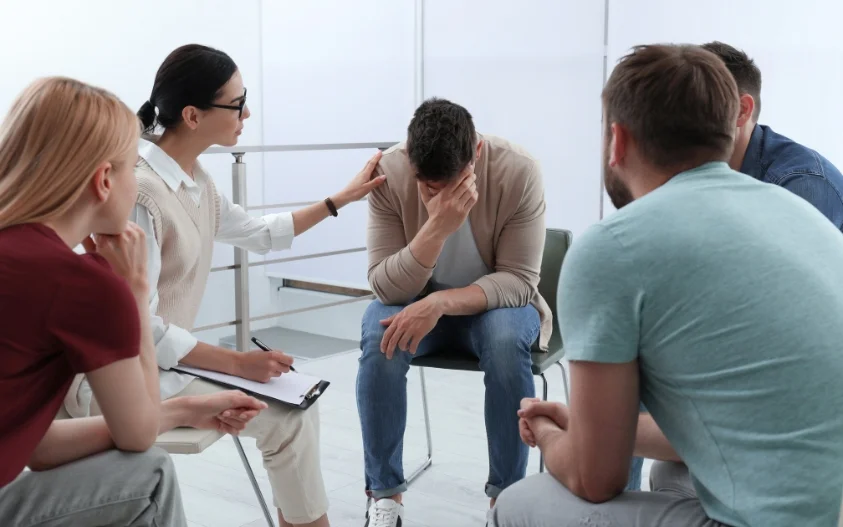24/7 Helpline:
(866) 899-221924/7 Helpline:
(866) 899-2219
Learn more about PTSD Treatment centers in Prince William County
PTSD Treatment in Other Counties

Other Insurance Options

Oxford

Private insurance

State Farm

Optum

Access to Recovery (ATR) Voucher

UMR

Absolute Total Care

Aetna

Premera

Optima

Anthem

MHNNet Behavioral Health

Amerigroup

Magellan Health

BlueShield

CareSource

Ambetter

Regence

Coventry Health Care

Meritain


















































































































































